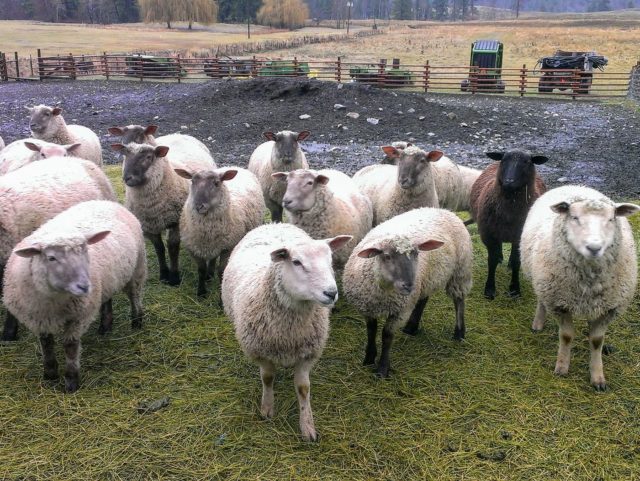One of the most powerful forces shaping the 2020 presidential election, and American society in general, is what I call “The Great Shunning”: the intense pressure of “enlightened” public opinion on conservatives and Trump supporters.
By now we are used to the spectacle of people being physically attacked or threatened simply for wearing a “Make America Great Again” hat.
The MAGA-hatted students of Covington Catholic High School were smeared by the media as white supremacists when left-wing activists went after them. Disgraced former Empire actor Jussie Smollett even incorporated MAGA-like red hats into his fraudulent hate crime setup on a frigid night in Chicago this past winter.
Yet you don’t have to be wearing a MAGA hat to be attacked, and there are more subtle forms of pressure.
Breitbart News revealed Thursday evening that Facebook has developed a method of labeling individuals as “hate agents.” That method apparently includes monitoring users’ offline behavior. “Hate agents” can be banned from the platform, and the criteria for “hate speech” seem alarmingly loose and subject to manipulation: hate tends to be what the left says it is.
Generally, in politics, it is possible to point to an example of malfeasance and say that both sides do it. But there really is only one side to The Great Shunning. And it is a practiced sort of misbehavior, one that precedes the Trump era.
The late, great American writer Tom Wolfe once recalled an elite dinner party where he mentioned the possibility of voting for George W. Bush. “People looked at me as if I had just said: ‘Oh, I forgot to tell you, I am a child molester’,” Wolfe said.
The Great Shunning tends to target those on the right (or insufficiently left) because of the near-monopoly the left has on popular culture, the mainstream media, and the tech sector — the primary influences on public opinion.
The French political philosopher Alexis de Tocqueville observed in Democracy in America, nearly 200 years ago, that public opinion is a profound source of social stability in a democratic society, but also a powerful force for conformity:
Whenever social conditions are equal, public opinion presses with enormous weight upon the mind of each individual; it surrounds, directs, and oppresses him; and this arises from the very constitution of society, much more than from its political laws. As men grow more alike, each man feels himself weaker in regard to all the rest; as he discerns nothing by which he is considerably raised above them, or distinguished from them, he mistrusts himself as soon as they assail him. Not only does he mistrust his strength, but he even doubts of his right; and he is very near acknowledging that he is in the wrong, when the greater number of his countrymen assert that he is so. The majority do not need to constrain him – they convince him. In whatever way then the powers of a democratic community may be organized and balanced, it will always be extremely difficult to believe what the bulk of the people reject, or to profess what they condemn.
For some on the left, the Great Shunning is a noble cause. Others realize it is a problem for our democratic system. (Give HuffPost credit: they published a good essay after the 2016 election titled, “Why You Shouldn’t Shun Your Friends Who Support Trump.”)
But what is most striking is that many of those who indulge in the mistreatment of conservatives seem unaware of how nasty it can be. Most are decent people; they would never think about treating any other group the way they treat Trump supporters.
And some of those who are aware believe their behavior is justified: now Trump supporters, you know what the systemic racism of a cisgender, heteronormative white supremacist patriarchy feels like to those forced to live in it, regardless of immigration status.
Over time, this sort of pressure is certain to change minds, or political behavior.
The only remedy is for dissenting voices to hold out against the tide.
Joel B. Pollak is Senior Editor-at-Large at Breitbart News. He is a winner of the 2018 Robert Novak Journalism Alumni Fellowship. He is also the co-author of How Trump Won: The Inside Story of a Revolution, which is available from Regnery. Follow him on Twitter at @joelpollak.

COMMENTS
Please let us know if you're having issues with commenting.